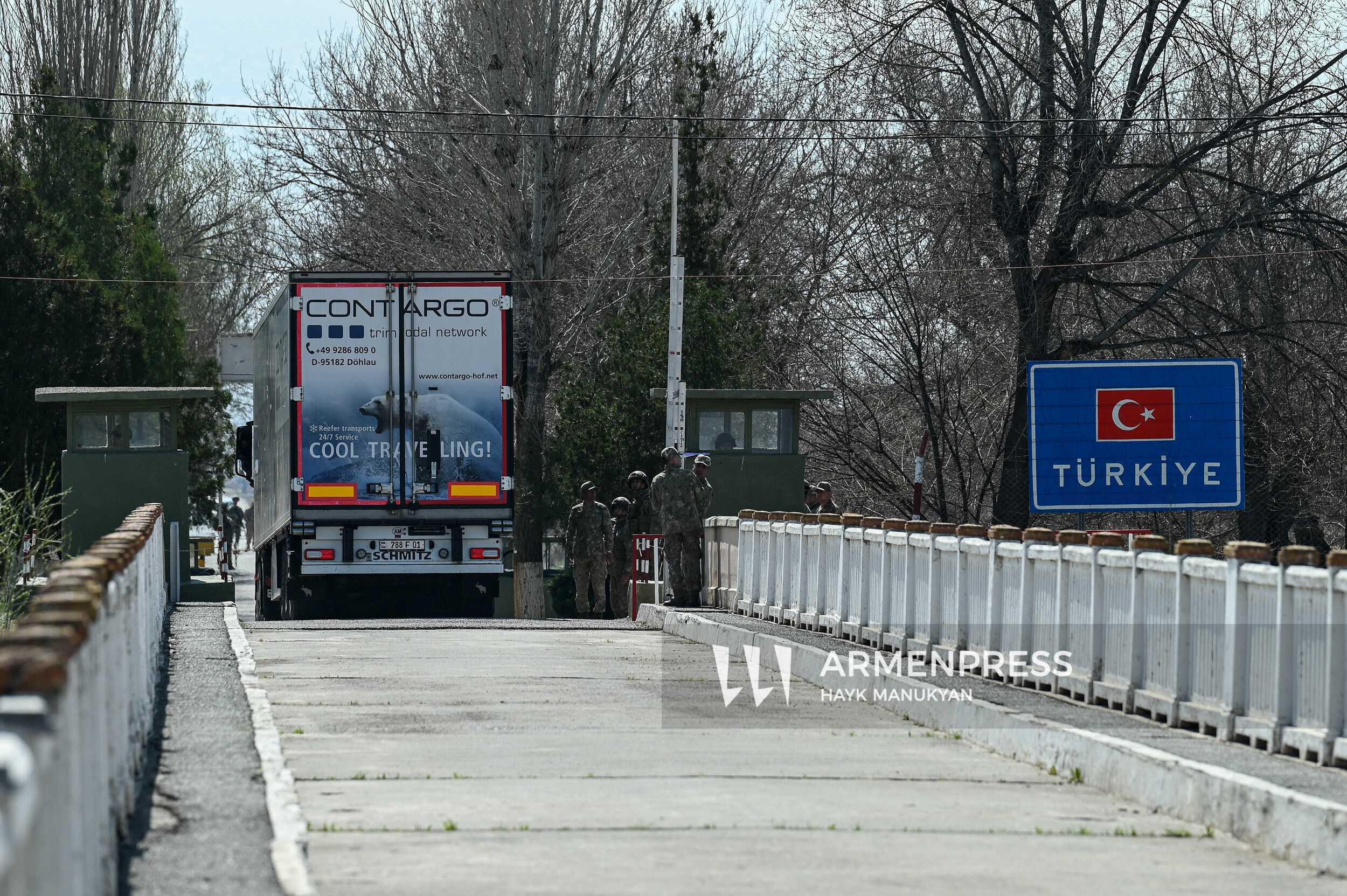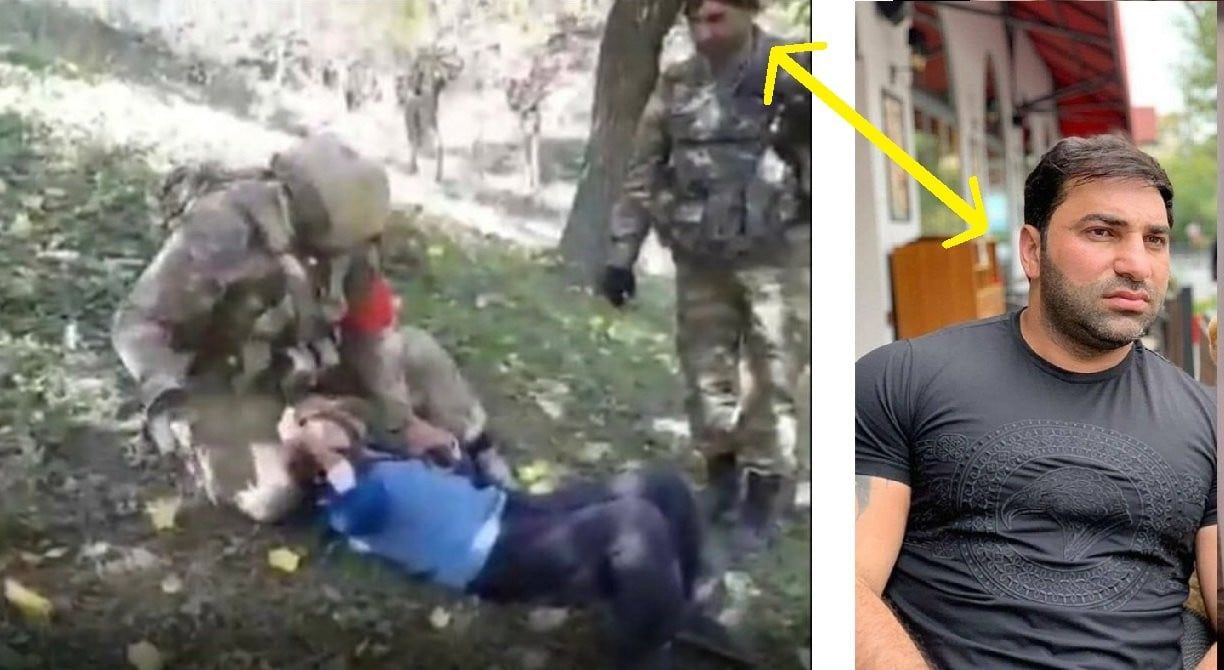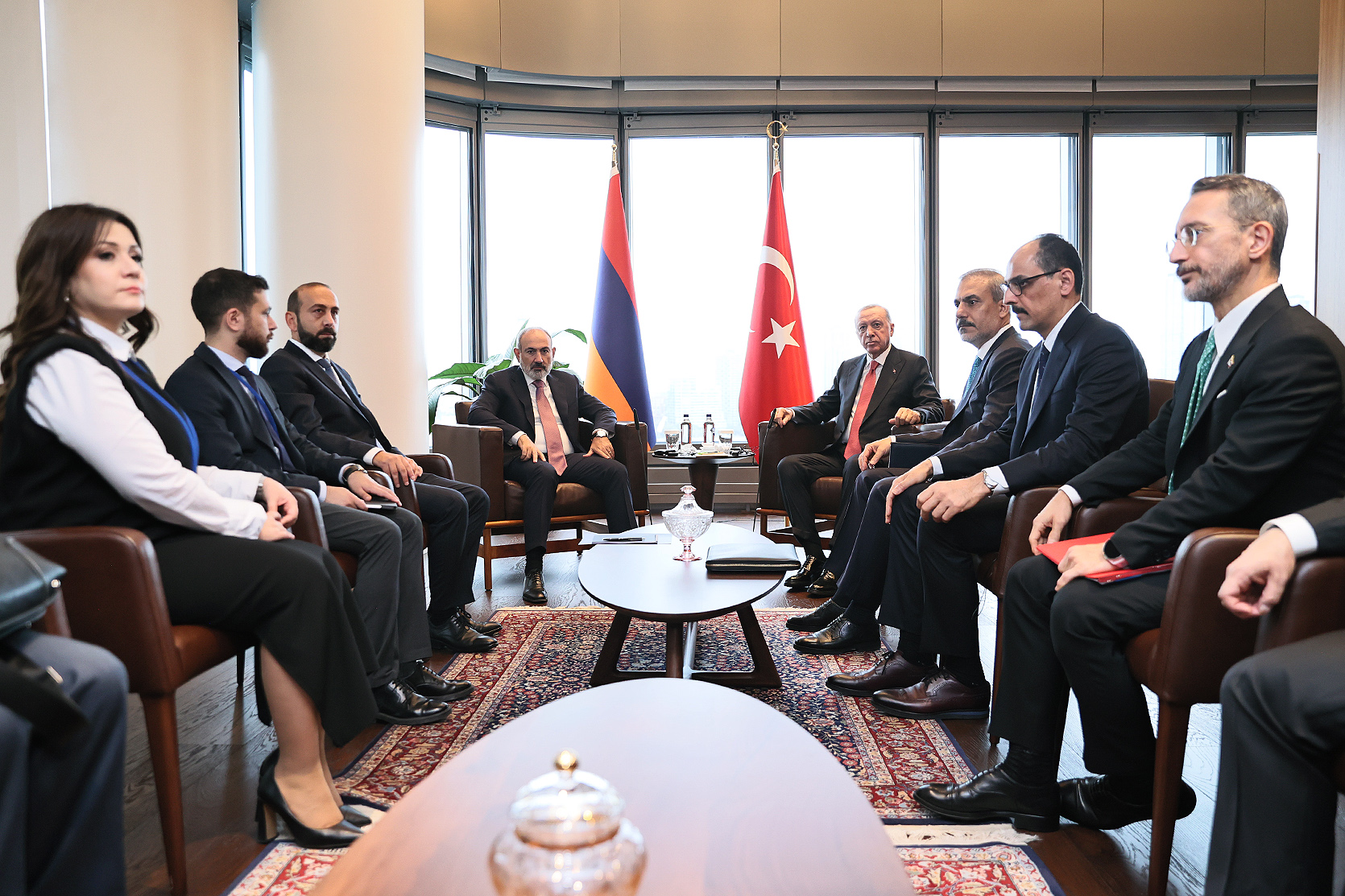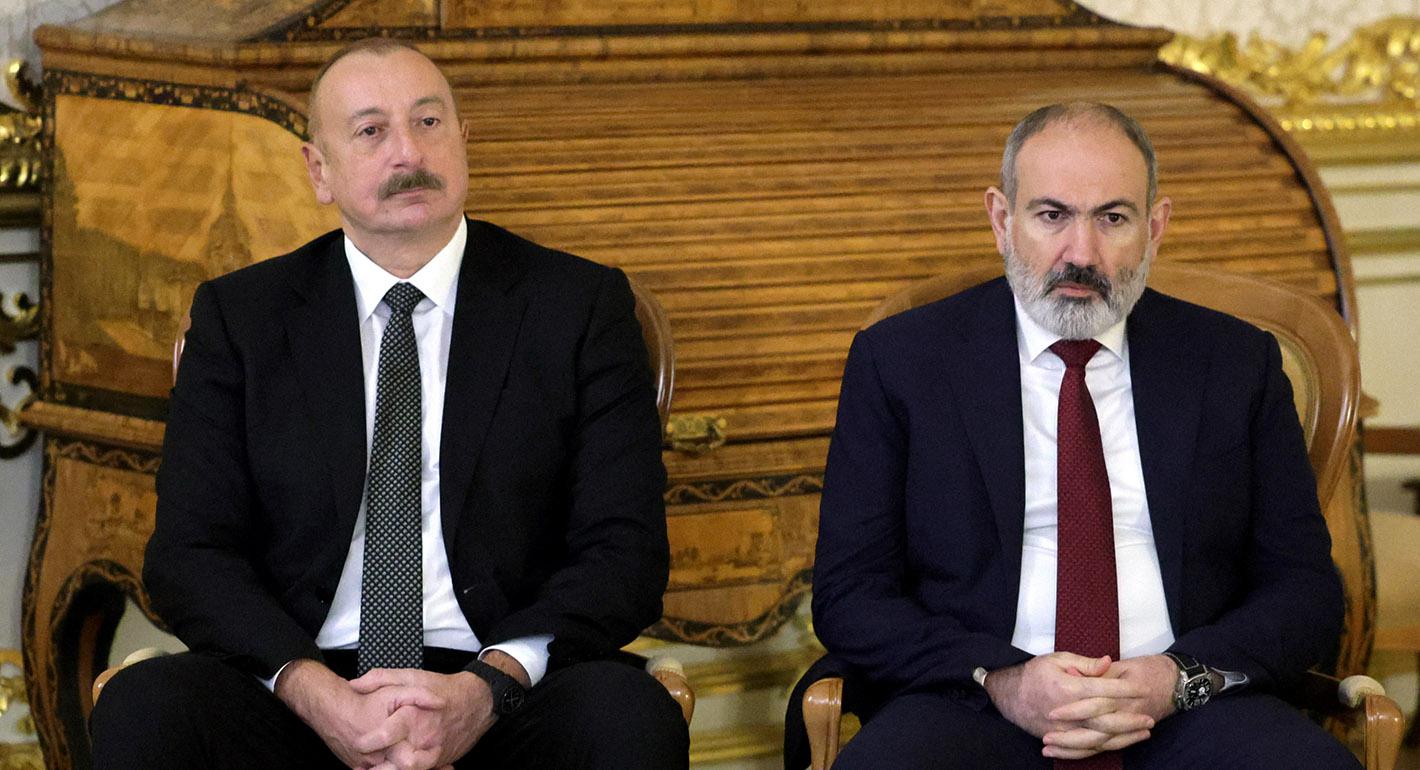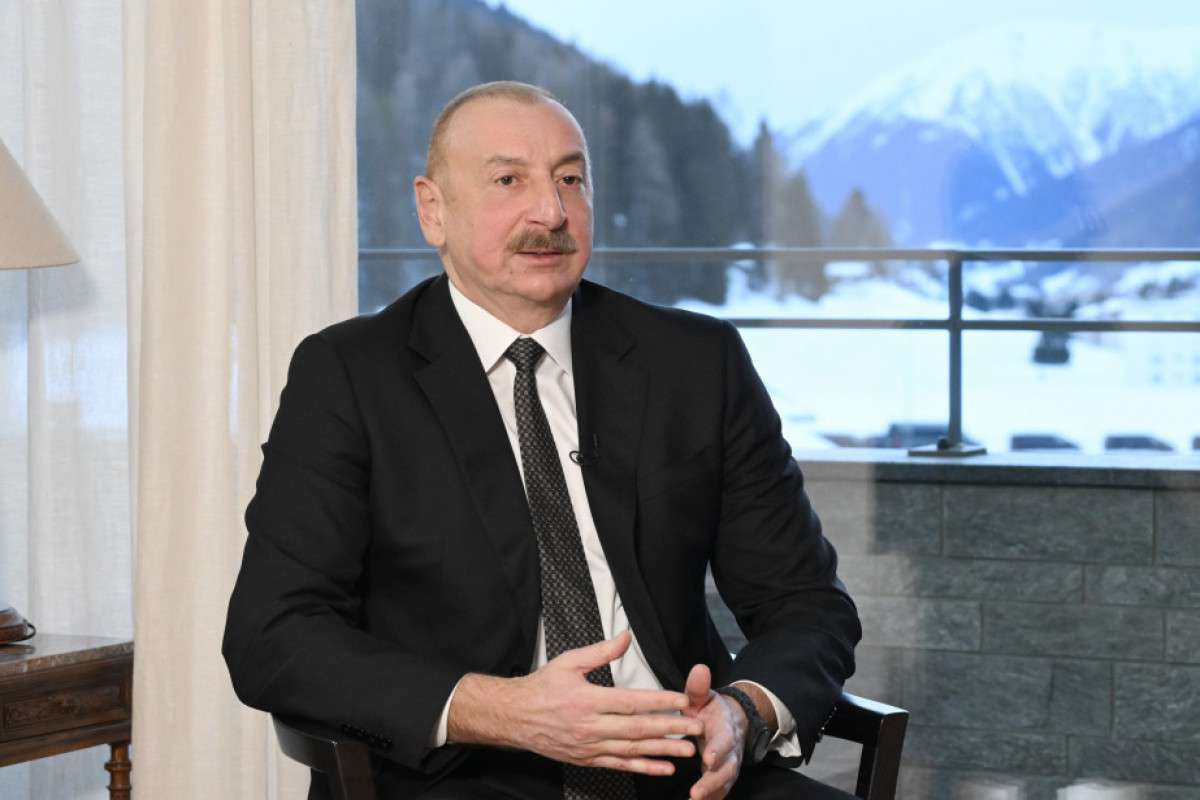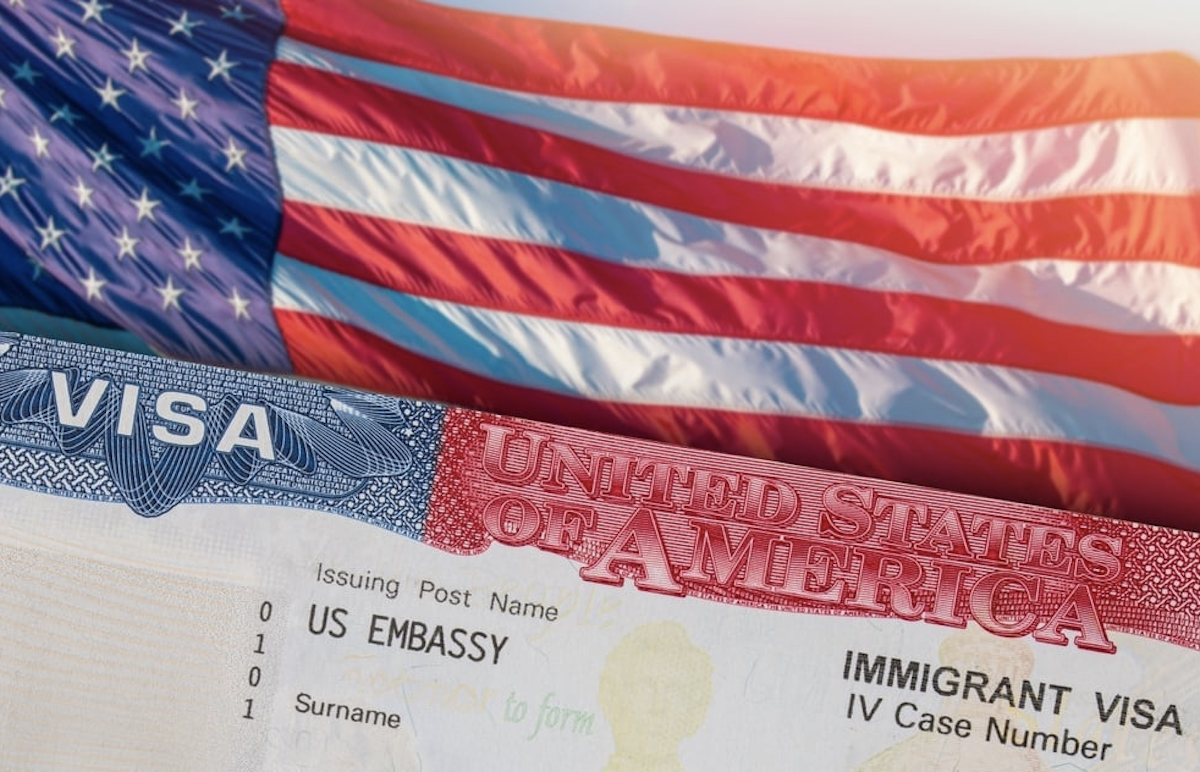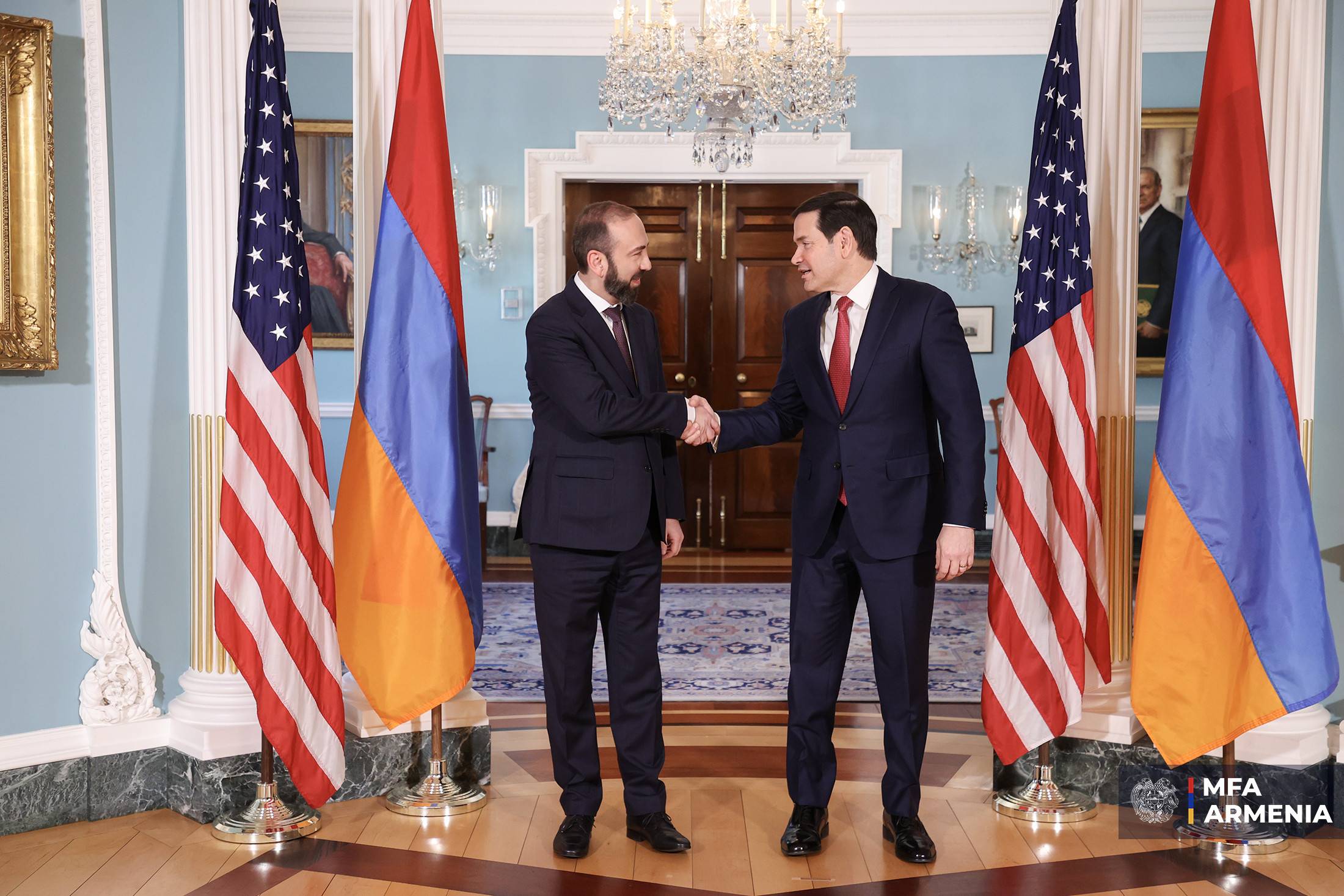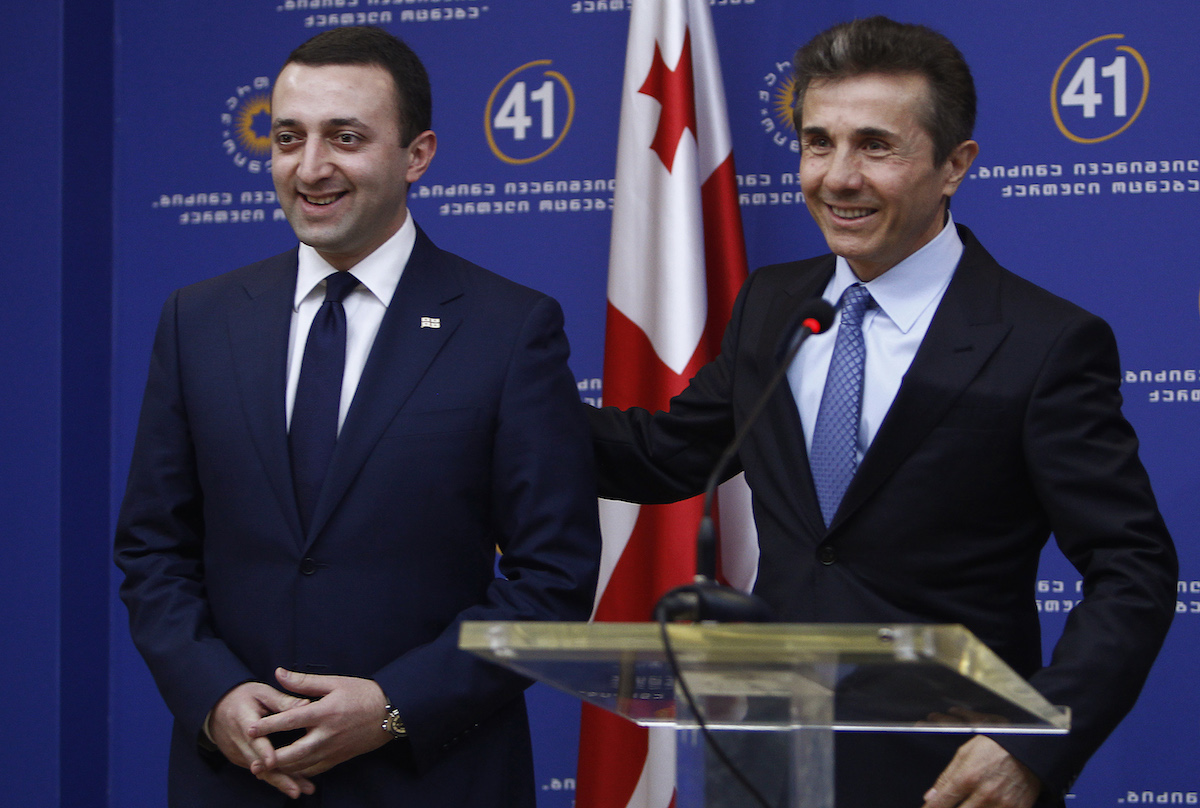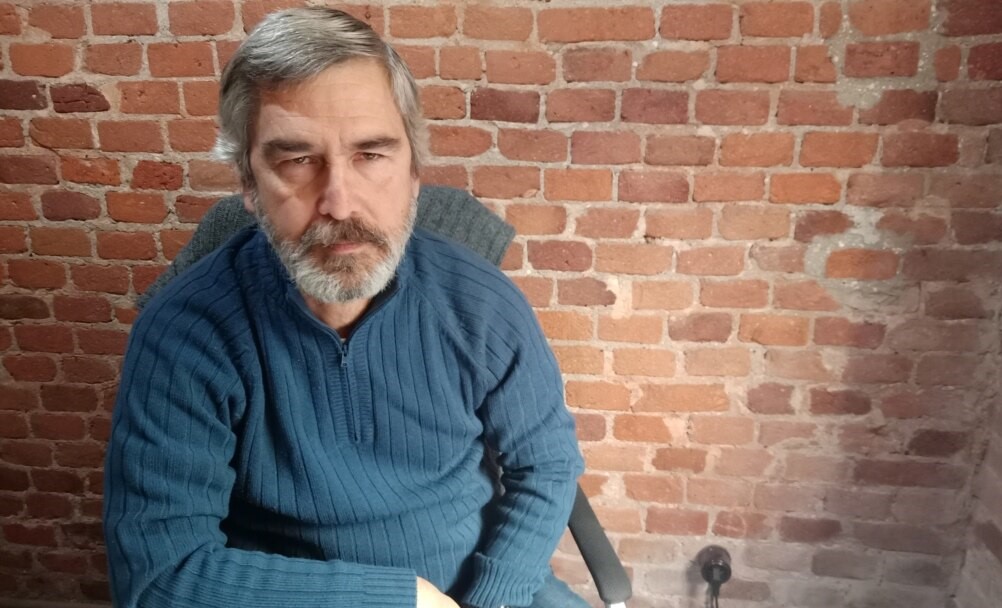'There’s a chance to open new era in Caucasus' - Armenian Foreign Minister at Antalya forum
Armenian FM on Antalya Diplomacy Forum
The normalisation of Armenian-Azerbaijani relations is part of the broader Armenia-Turkey dialogue. In terms of fulfilling bilateral agreements with Yerevan, Ankara expects progress on the Armenian-Azerbaijani track, Armenian Foreign Minister Ararat Mirzoyan said, summing up the Antalya Diplomacy Forum.
“Our approach is different. We believe that progress in Armenia–Turkey relations will have a positive impact on the Armenian-Azerbaijani settlement,” he stated.
In an interview with an Armenian outlet, Mirzoyan spoke about the meetings he held during the forum, commented on negotiations with Azerbaijan, and reflected on the normalization process with Turkey.
From 11–13 April, Ararat Mirzoyan took part in the Antalya Diplomacy Forum — Armenia’s third consecutive year attending the event. The Foreign Minister held several bilateral meetings, including with his Turkish and Azerbaijani counterparts. He also joined the foreign ministers of Azerbaijan and Georgia for a joint panel discussion on the situation in the South Caucasus.
- ‘Baku is not ready to sign document and tie its hands’ – opinions from Yerevan
- ‘Yerevan should propose that US become guarantor of peace treaty with Baku’ – opinion
- ‘Time bomb lies beneath Baku’s demands,’ says Armenian analyst
- ‘Political message to Baku — and beyond’: on Armenian-Iranian military drills
Limited information on outcomes of bilateral meetings
The Armenian Foreign Ministry reported only that Ararat Mirzoyan discussed the situation following the finalization of the Armenia-Azerbaijan peace agreement text with his Azerbaijani counterpart Jeyhun Bayramov.
“The ministers reaffirmed their readiness to continue the dialogue,” the statement read.
Similarly scant details were provided about Mirzoyan’s meeting with Turkish Foreign Minister Hakan Fidan. It was reported that the ministers discussed “current items on the Armenia–Turkey bilateral agenda and exchanged views on regional and international developments.”
“There is a choice for us” – Mirzoyan
“There is a choice for us, for our Azerbaijani friends, for our Georgian friends, for our Turkish friends. There is a choice to wait for another one or two hundred years to see that the changes are irreversible, or to start a process of putting a brick, and then another brick, and then another brick, and in this way building a peaceful region here, establish cooperation: energy projects, transit projects,” Mirzoyan said during a panel discussion.
He said that Armenia has chosen the path of cooperation, but “cannot cooperate with itself alone.” For the sake of the progress, the other side — Azerbaijan — must also be ready to engage. As an example, he cited Yerevan’s proposal to unblock regional transport links. He stressed that Armenia had submitted a concrete proposal to Baku but had yet to receive a response.
During the panel, the moderator asked Mirzoyan whether he acknowledged that Armenia’s constitution might be a point of concern for Baku — referring to a statement by Bayramov, who claimed that according to Armenia’s constitution, “Karabakh is considered part of Armenia.”
So I am officially saying, and our Constitution is a public document, you can check and correct me if I’m mistaken, but I assure you, I’m not mistaken, there is nothing in the Constitution of the Republic of Armenia saying that Karabakh is part of Armenia. There is nothing.
He stated that Armenia’s constitution contains no territorial claims against Azerbaijan. Moreover, the draft peace agreement includes a provision on mutual recognition of each other’s territorial integrity. It also contains a clause stipulating that neither side can invoke its domestic legislation as a justification for failing to comply with the terms of the agreement.
The Armenian Foreign Minister emphasized that it is Azerbaijan’s constitution that contains territorial claims.
” […] The Republic of Azerbaijan declares itself to be the successor of the first Azerbaijan (Democratic) Republic. And we all know that the first Azerbaijan Republic declared its sovereignty over much larger territories than today’s Republic of Azerbaijan, including, I don’t know, around or more than 60% of current sovereign Armenian territories.”
According to Mirzoyan, the signing of the Armenia–Azerbaijan agreement is a matter of political will.
It’s a matter of the subject on which we are focusing. Are we building peace, are we going to use the opportunities, or are we going to close the process, having the concerns? If we do have the will to use the opportunities, we will find the way.
He is convinced that there are positive conditions for signing the agreement, launching a new phase of dialogue, and opening a new era of peaceful relations and prosperity in the South Caucasus and the wider region.
“Forum is a good opportunity to meet with Turkish colleagues”
In an interview with CivilNet, Ararat Mirzoyan noted that opportunities to meet with delegations from other countries also exist at various other platforms. However, he stressed the importance of engaging with Turkish representatives and colleagues:
“With Fidan, we specifically discussed the current state of the Armenia–Turkey dialogue, the steps that have been taken, and the steps that can be taken.”
He believes that such events should not be missed. According to him, a similar diplomatic forum — the “Yerevan Dialogue” — is set to take place in Armenia at the end of May, with invitations already being sent to partners. However, Mirzoyan did not clarify whether Turkish and Azerbaijani counterparts would be among those invited.
“There is potential for broader cooperation with Turkey”
The Armenian Foreign Minister said that both Yerevan and Ankara see opportunities not just for establishing diplomatic ties but also for trade, transit, and joint energy projects.
“There is room for cooperation. We’re not just talking about the bare minimum — mutual recognition and tolerance. There is a shared understanding that much broader cooperation is possible.”
In response to a question about the prospect of progress on the Armenia–Turkey track, Ararat Mirzoyan listed what has already been achieved:
- the lifting of the ban on direct flights,
- inspections of the Margara–Alican border infrastructure,
- assessments of the Gyumri–Kars railway and other transport links,
- meetings between experts from various agencies as part of efforts to restore the historic Ani bridge.
At the same time, he acknowledged that some agreements remain unfulfilled. This includes the pledge to open the Turkish border to citizens of third countries and holders of diplomatic passports:
“This is a process. Some things move quickly, others slowly. But I can say there is a shared vision that the dialogue aims at fully normalising relations, establishing diplomatic ties, and opening the border.”
After the Soviet Union’s collapse in 1991, Turkey de facto recognized Armenia but refused to establish diplomatic ties. In 1993, it unilaterally closed both air and land borders with Armenia.
In July 2022, Armenia and Turkey’s special envoys for normalization agreed to open the Turkish border to citizens of third countries and holders of diplomatic passports. However, the agreement has yet to be implemented.
“It would be a major overstatement to say progress was made”: on meeting with Bayramov
In Turkey, Armenian and Azerbaijani foreign ministers met for the first time since the finalisation of the peace agreement’s text. According to Ararat Mirzoyan, he and Jeyhun Bayramov discussed the prospect of signing the agreement:
“Armenia’s position is clear — to proceed without delay to signing and ratification, and then address the remaining issues.”
Addressing Baku’s preconditions — including changes to Armenia’s constitution and the dissolution of the OSCE Minsk Group before signing the agreement — Mirzoyan reiterated that Armenia makes no territorial claims against Azerbaijan in its constitution.
He emphasised that by signing the peace deal, Yerevan and Baku would recognise each other’s territorial integrity within the borders that existed at the time of the Soviet collapse.
The Minsk Group’s mandate, aimed at Karabakh conflict resolution, would naturally end once the conflict no longer exists, he said. That moment, he explained, will come with the signing of the peace agreement.
“We are ready to take both steps simultaneously — to sign the agreement and jointly propose ending the Minsk Group’s activities by formally addressing the OSCE partners, secretariat, and member states.”
Mirzoyan stressed it would be an overstatement declare any real progress or that either side managed to shift the other’s position:
“Negotiations must continue until positive solutions are found. Ending talks would not contribute to the settlement process — let alone help establish peace in the South Caucasus,” he said.
“Everything will be done to prevent Armenia–Azerbaijan process from reaching a deadlock”
Once again, Armenia’s Foreign Minister reaffirmed the country’s readiness to sign the agreement immediately:
“However, such readiness is not being demonstrated by Azerbaijan. Everything will be done to ensure the process does not stall. We do not want a deadlock. And the constructive approach we have shown all along is proof of that.”
He recalled Armenia’s proposals to Azerbaijan to create joint mechanisms for arms control and investigating border incidents. He also mentioned the proposal to unblock infrastructure, which he said addresses all of Baku’s concerns:
“At first, we saw a somewhat positive reaction from the Azerbaijani side. But now we’re seeing a colder attitude toward the proposal. It’s hard for me to understand why.”
Mirzoyan explained that the issue concerns the ability to send and receive goods by rail. He reiterated that Armenia guarantees the safety of cargo passing through its territory. It is ready to offer “insurance mechanisms that, in the event of an emergency or incident, could provide financial compensation.”










